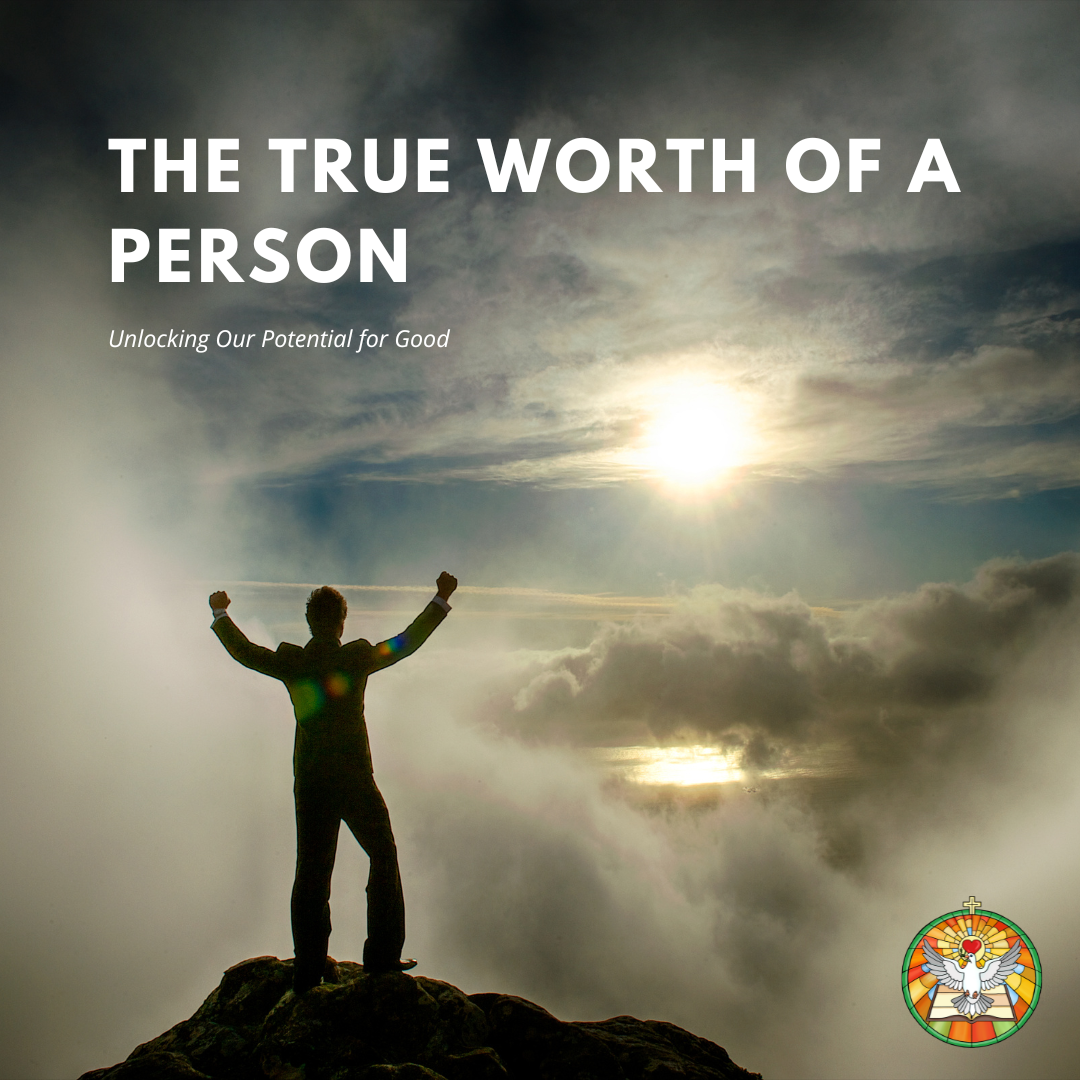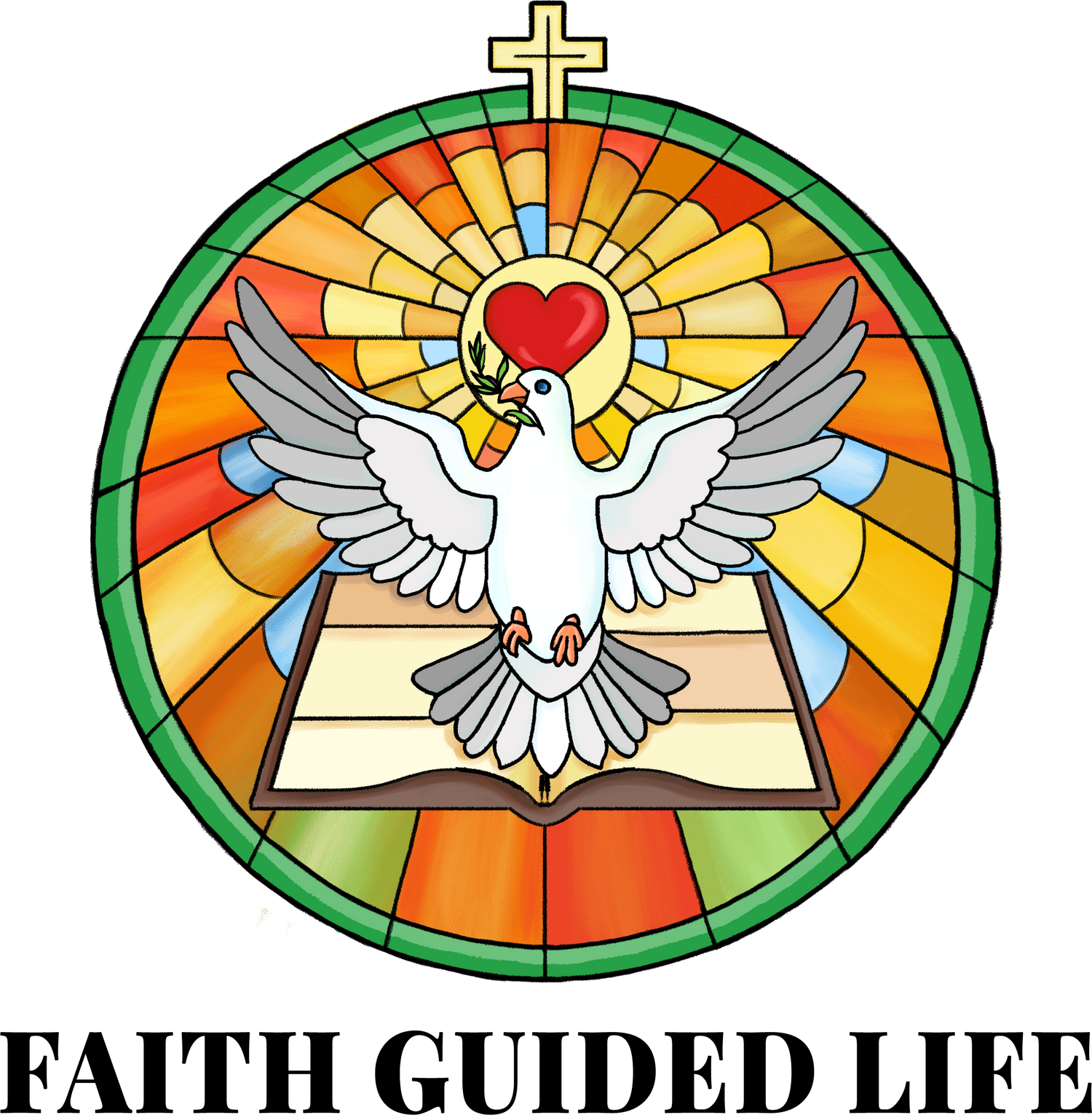
What does it truly mean to be human? What gives us our inherent dignity and worth? These are questions that resonate deeply within us. We generally recognize that among all living beings on earth, humans possess a unique combination of complex physical organization and remarkable mental and spiritual capacities.
Our inner life—our ability to love, to reason, to create, to be self-aware, and to make moral choices—sets us apart. These capacities elevate human beings and afford us a special dignity. With these gifts comes a profound potential for growth, for freely developing the best within ourselves towards goodness and truth. If these conditions for free development and moral choice are undermined or taken away, then human dignity itself is diminished, and we risk becoming less than what we are called to be. Thus, upholding human dignity is intrinsically linked to upholding true freedom—the freedom to pursue what is good and right.
How do different wisdom traditions approach this? Let’s explore some timeless insights.
Inherent Potential and Fundamental Equality
Many spiritual perspectives affirm that all human beings possess an inherent worth and a deep, intrinsic potential for goodness, wisdom, and profound spiritual realization. While our outward circumstances, talents, and stages of development may differ greatly, there's a fundamental level at which all people share a common spiritual capacity and dignity. (Christians understand this as being created in the image and likeness of God, each person possessing an eternal soul of incalculable worth).
While we share this fundamental equality in potential, our lived experiences and current capacities can vary. Just as different electrical devices draw on the same power but express it differently based on their design—a small bulb giving a dim light, a large one shining brightly—so too can our physical and mental makeup influence how our inner potential manifests. A healthy body often supports a clearer mind, though this is not a simple one-to-one rule. The key is that our physical nature is an important condition that can either support or hinder the expression of our deeper spiritual and mental qualities.
Our Unique Position and Responsibility
Because of our relatively advanced capacities for thought, reflection, and moral choice, humans are in a unique position to consciously strive for spiritual growth and to make a positive impact on the world. This special capacity isn't a result of arbitrary chance, nor is it solely an outcome of our own past efforts disconnected from a greater source. (From a Christian viewpoint, these unique human abilities are God-given gifts, bestowed upon us as part of His creative plan, making us stewards of creation and endowing us with moral agency).
It's important to recognize that this potential for profound spiritual development is a hallmark of humanity. While we should extend compassion and respect to all living creatures, recognizing the wonder of God’s creation in them, human beings have a particular calling and capacity for a relationship with the Divine and for moral and spiritual growth. Ancient wisdom often highlights the preciousness of human life precisely because it offers such fertile ground for this development. As some old sayings put it, "A human life is a rare opportunity," and failing to use it for good is a profound loss.
Some traditions even note that the human condition—not mired in extreme, constant suffering, nor lost in endless, distracting pleasure, nor living by sheer instinct alone—provides a unique balance for conscious evolution towards wisdom and goodness.
Living Up to Our Potential: A Call to Responsibility, Not Pride
Recognizing our unique potential and inherent worth is not meant to foster arrogance or a sense of superiority over other parts of creation. Rather, it's a call to humility and profound responsibility. If we fail to use our God-given gifts to strive for what is true, good, and beautiful, and instead pursue paths that degrade our character and benumb our spirits, we effectively diminish our own dignity. We are called to live in a way that reflects our high calling.
So, how can we honor and cultivate this inherent human dignity and potential?
-
Cherish and Protect Our Innate Good Capacities: These capacities for reason, love, compassion, and moral choice are precious gifts. They are the tools for our growth and our ability to contribute good to the world. To neglect or corrupt them through harmful choices is like a merchant squandering their capital or an artist destroying their tools. We preserve these capacities by cultivating a life of integrity and moral character. This means exercising discipline over desires that can lead us astray—such as an excessive pursuit of wealth, sensual pleasure, fame, or comfort that comes at the expense of our spiritual well-being. Such pursuits can dull the mind and harden the heart. Many traditions offer ethical guidelines for a life that nurtures our best selves. Timeless ethical principles often include:
- Reverence for life and refraining from harm.
- Honesty and refraining from stealing or deceit.
- Respect in relationships and refraining from exploitation.
- Clarity of mind and refraining from substances or habits that cloud judgment.
- Truthful and kind speech.
- Cultivating thoughts of goodwill, generosity, and understanding, while avoiding envy, hatred, and harmful misconceptions. Following such principles helps us preserve our human dignity and the conditions for further growth.
-
Actively Develop These Good Potentials: It's not enough to just avoid harm; we are called to actively cultivate and develop our positive capacities through learning, discipline, prayer, and service. A life lived with true freedom provides the best environment for this. This isn't freedom from responsibility, but freedom for pursuing what is good, true, and beautiful. Environments that restrict freedom of conscience, thought, or moral action can stifle the human spirit and hinder our ability to develop our God-given potentials. We are meant to grow into the fullness of our capabilities.
-
Trust in Our God-Given Potential and Take Responsibility (Embracing Co-Creation with God): A core aspect of human dignity is recognizing our capacity to make meaningful choices and to take responsibility for our lives. Many spiritual teachings encourage us to "be a light" – to tap into the wisdom and strength available to us. This means believing in the good potentials God has placed within us and not falling into passivity or despair. There's an old parable about a poor man who, unknown to him, carried a precious jewel sewn into his ragged cloak by a loving father. He begged for sustenance, unaware of the treasure he possessed. When he finally discovered it, his life was transformed. Similarly, we are called to discover and activate the "treasures" of spiritual potential within us. This isn't about a purely "self-powered" liberation isolated from a higher power, but about recognizing that we are active participants in our spiritual journey. We are called to co-create with God, using the gifts and freedom He has given us. Our choices, thoughts, actions, and words have real power to shape our lives, our communities, and our world for better or for worse. True wisdom involves discernment: not blindly trusting every appealing slogan, ideology, or human system, nor expecting external solutions (even science or social structures) to "save" us without our own active, virtuous participation. While we look to God as the ultimate source of strength and salvation, He also calls us to responsible action and stewardship. Abdicating our personal responsibility for moral choice and action, or attributing everything to external forces beyond our influence (or blaming God for things we should take responsibility for), can be a denial of the very dignity and capacity with which we have been endowed.
-
Use These Potentials to Act for Good: Belief and understanding should lead to action. Having recognized our potential, we are called to use these gifts to strive for what is good, not just for ourselves but for all of humanity, contributing to a world that better reflects justice, love, and peace. Action, rooted in sound principles and a desire for good, is a powerful force for transformation.
Conclusion: The High Calling of Being Human
Understood deeply, our human status is one of profound dignity and calling. It invites us to be deeply aware of our capacities, our responsibilities, and our potential for good. Not succumbing to superstition or passivity, nor becoming complacent with minimal effort, we are encouraged to protect and develop the best within us, and to move forward with faith, courage, and responsible action to live lives worthy of our creation.




